Six pacts to be inked between India and Afghanistan
Wed 29 Apr 2015
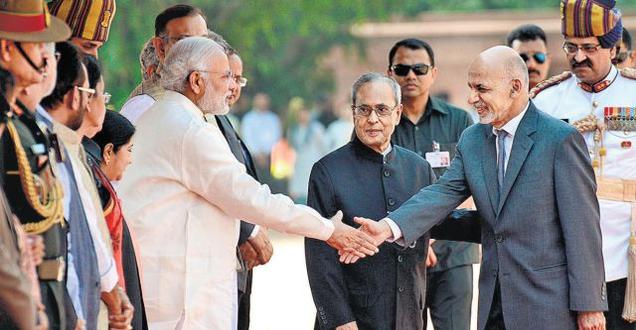
New Delhi: Prime Minister Narendra Modi on Tuesday took a not-so-subtle dig at Pakistan and told Afghan President Ashraf Ghani that Afghanistan could succeed in its pursuit for peace and stability only when support to terrorism from its neighbourhood ends.
Modi conveyed to Ghani that New Delhi would support “an Afghan-led and Afghan-owned” peace process with Taliban, but added that it should be “conducted within the framework of the Constitution of Afghanistan, without the shadow of violence”.
“Its success requires a positive and constructive approach from neighbours, including an end to support for violence,” Modi said while addressing media-persons jointly with the Afghan President, who argued for a “regional framework” to deal with the menace of terror.
“We must have a unified approach. We must be united both in the region and globally to contain terror,” said Ghani, who is in New Delhi on his maiden visit to India after succeeding Hamid Karzai and taking over as the new President of Afghanistan last September.
The meeting between Modi and Ghani saw New Delhi and Kabul agreeing to sign within the next three months an Extradition Treaty, an Agreement on Transfer of Sentenced Persons, a Mutual Legal Assistance Treaty in Criminal Matters and a Treaty for Mutual Legal Assistance in Civil and Commercial Matters. The two sides also agreed to sign a Memorandum of Understanding for visa-free entry for people having diplomatic passports.
“We
will also quickly conclude a bilateral Motor Vehicles Agreement,” Modi said after he and Ghani reviewed bilateral cooperation and regional and international security environment confronting both countries. The Motor Vehicles Agreement is intended to make it easier for passenger, personal and vehicular cargo traffic of India and Afghanistan to enter each other’s territory without any hassles.
will also quickly conclude a bilateral Motor Vehicles Agreement,” Modi said after he and Ghani reviewed bilateral cooperation and regional and international security environment confronting both countries. The Motor Vehicles Agreement is intended to make it easier for passenger, personal and vehicular cargo traffic of India and Afghanistan to enter each other’s territory without any hassles.
Though the agreement cannot be implemented without cooperation from Pakistan, New Delhi inked the deal with Kabul, ostensibly to send out a message to Islamabad. Afghanistan and Pakistan signed a Transit and Trade Agreement in 2010. But Islamabad insisted on inserting a provision in it to deny Afghanistan full access to the growing Indian and other South Asian markets.
“We are ready to welcome Afghan trucks at the ICP (Integrated Check Post) in Attari (on the Pakistan-India border). We are also prepared to join the successor agreement to the Afghan-Pakistan Trade and Transit Agreement. This will re-establish one of the oldest trading routes of South Asia,” said Modi.
Modi and Ghani also agreed to work with Tehran to turn Chabahar port of Iran into a viable gateway to Afghanistan and Central Asia. New Delhi is keen to build a container terminal and a multi-purpose cargo terminal on two berths at Chabahar port, which it views as a strategically important facility that could give India a sea-land access route into Afghanistan through the eastern borders of Iran, thus bypassing Pakistan.
No Comments For This Post, Be first to write a Comment.
Most viewed from Specials
Most viewed from World
AIMIM News
Delhi Assembly polls: Owaisi leads Padyatra in Okhla
Feb 01, 2025
We reject this Waqf Amendment Bill: Asaduddin Owaisi
Jan 30, 2025
Latest Urdu News
Most Viewed
May 26, 2020
Which team will win the ICC Men's Champions Trophy 2025 held in Pakistan/Dubai?
Latest Videos View All
Like Us
Home
About Us
Advertise With Us
All Polls
Epaper Archives
Privacy Policy
Contact Us
Download Etemaad App
© 2025 Etemaad Daily News, All Rights Reserved.

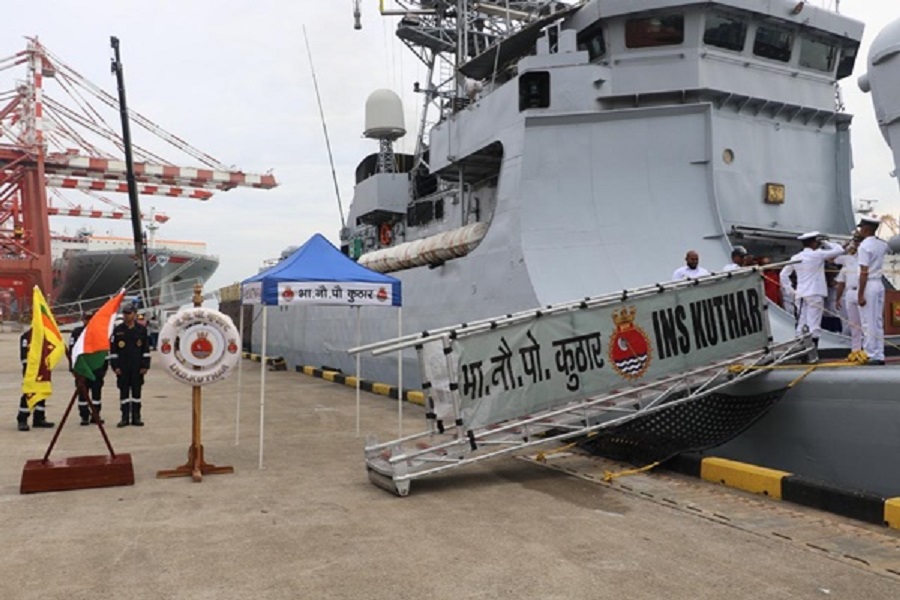
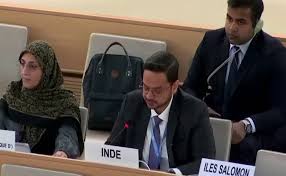
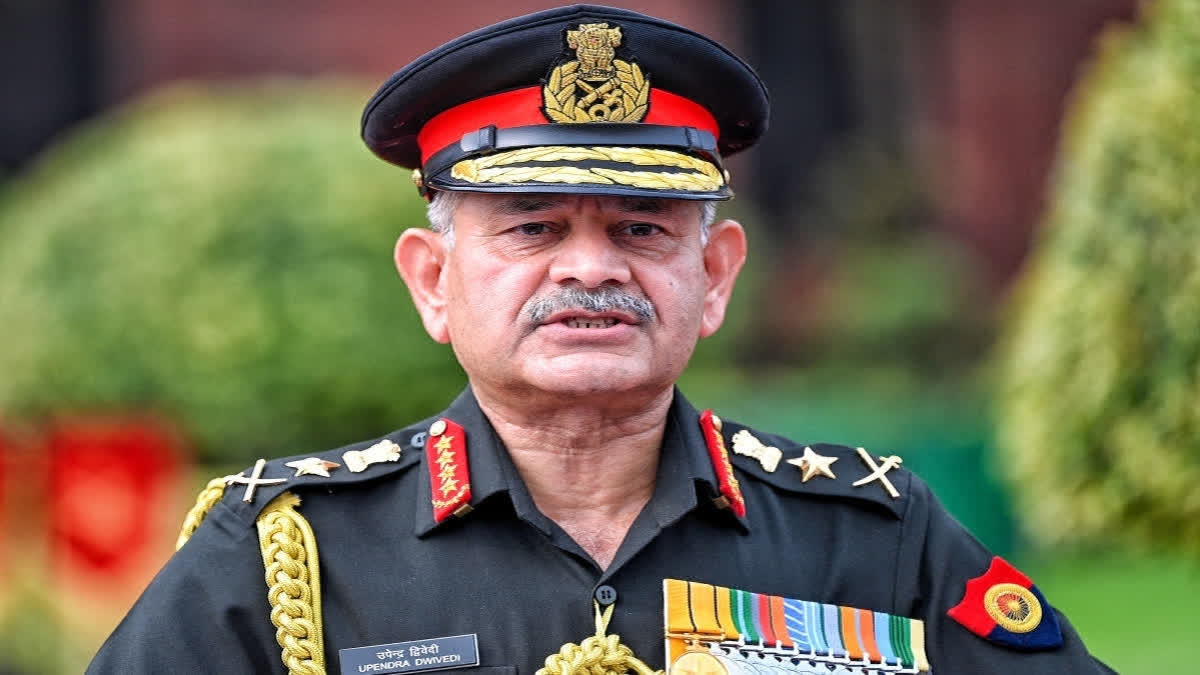
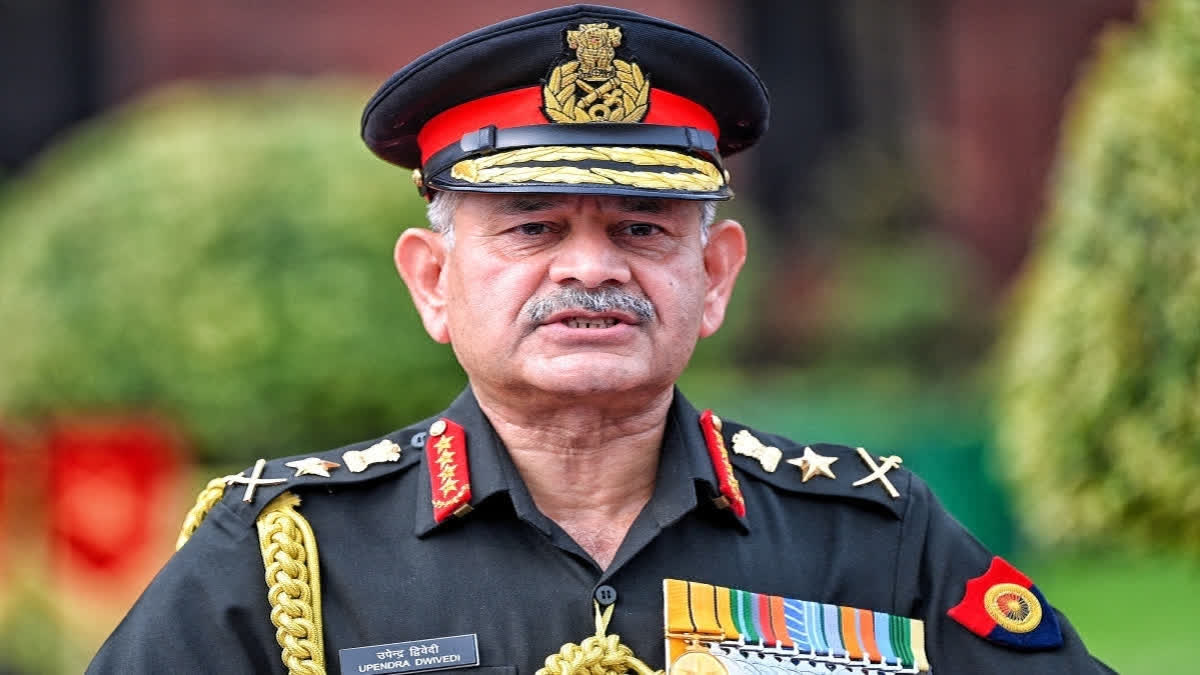
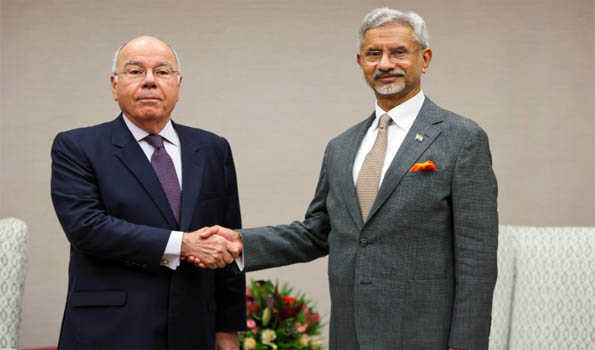
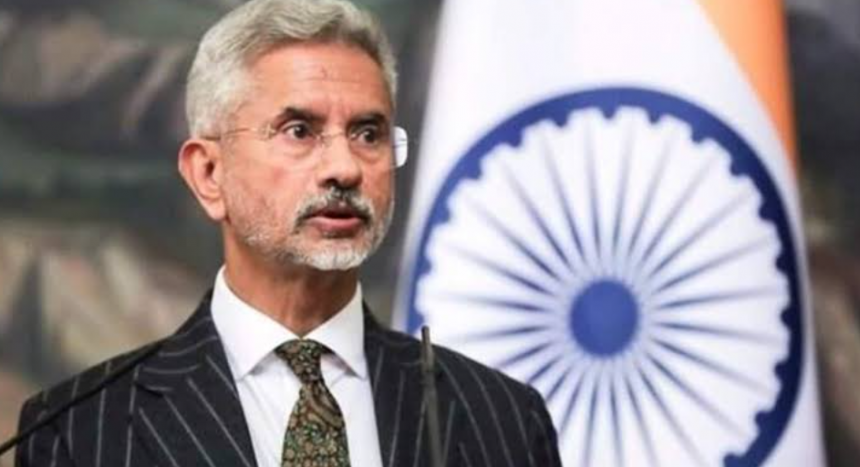
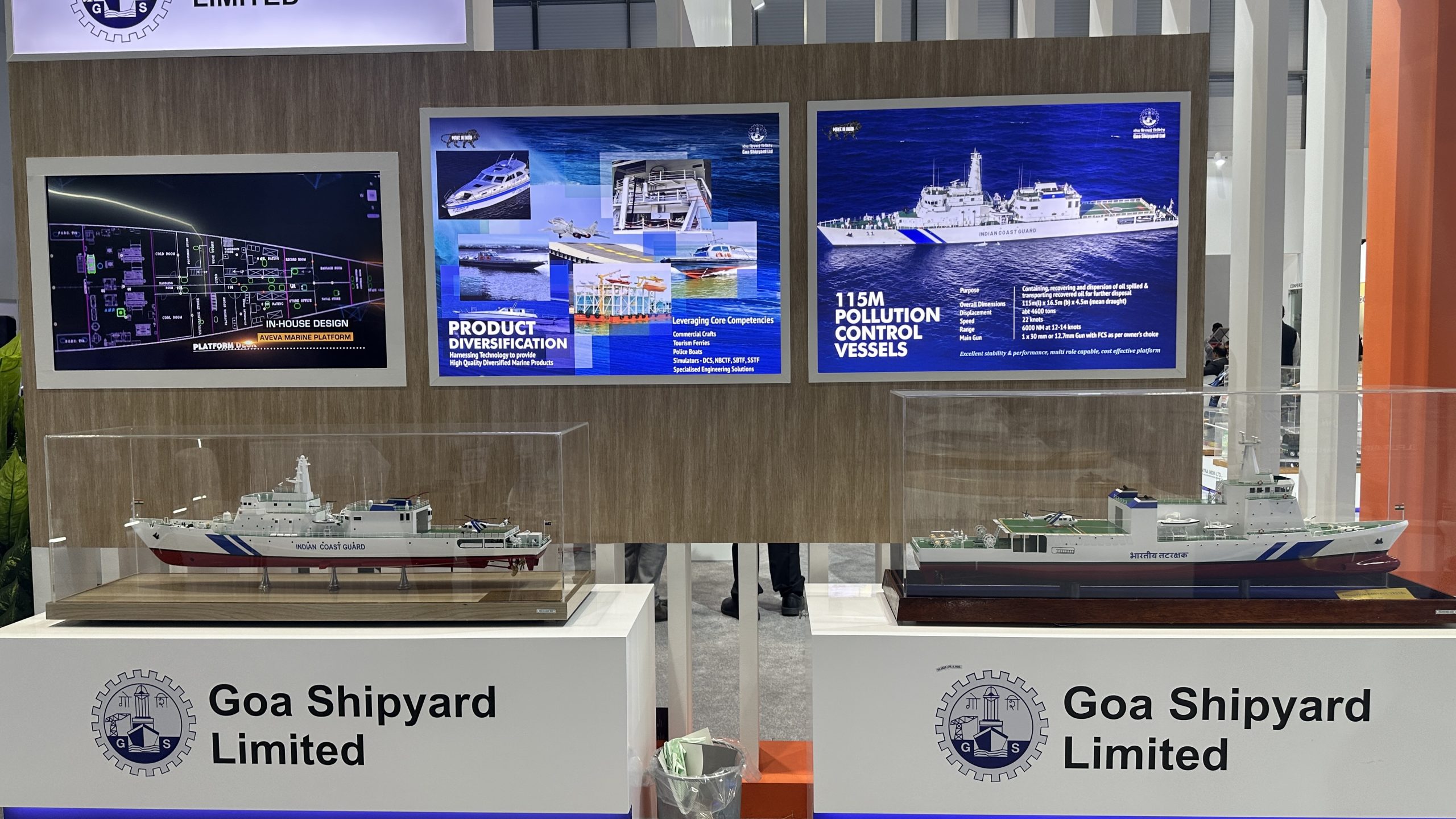
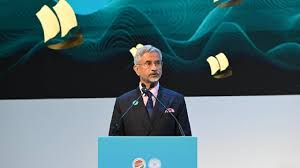
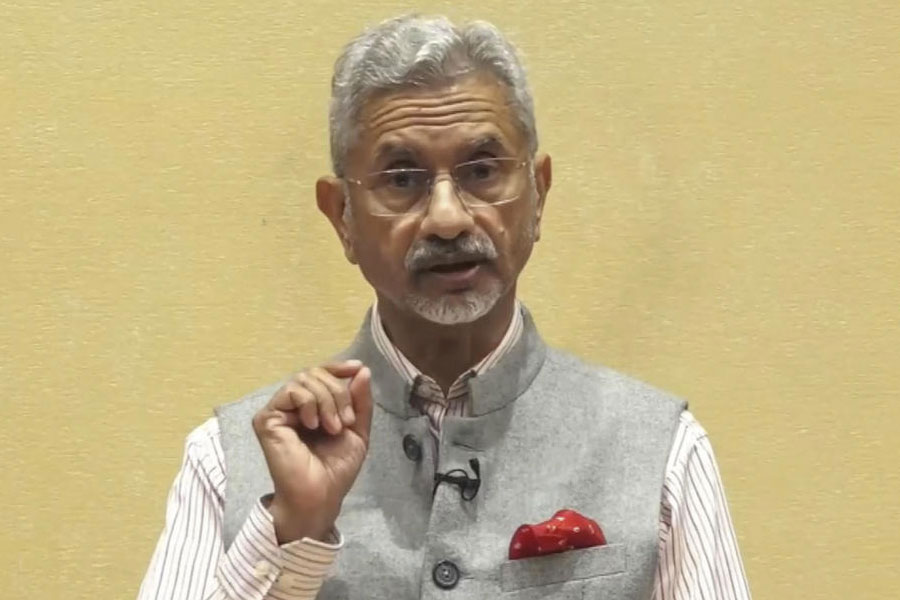
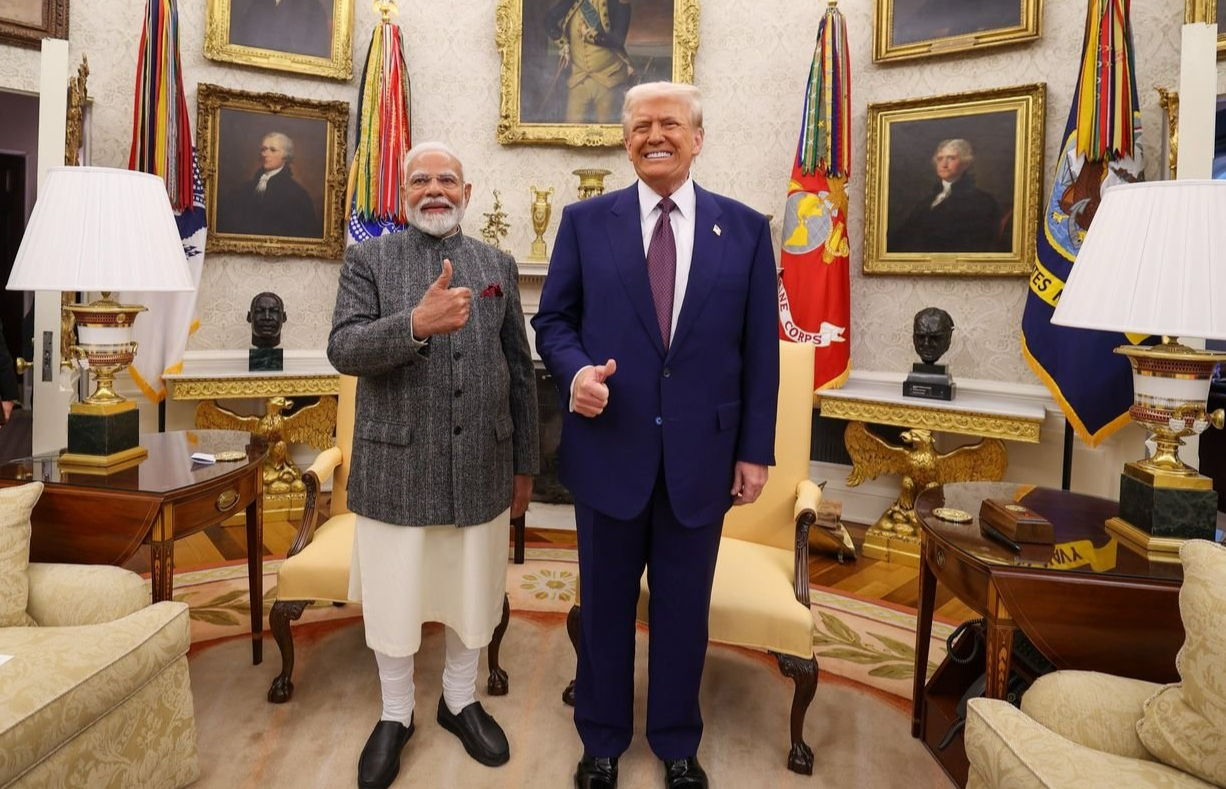
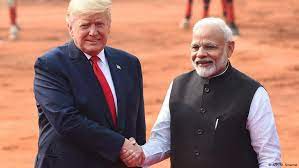
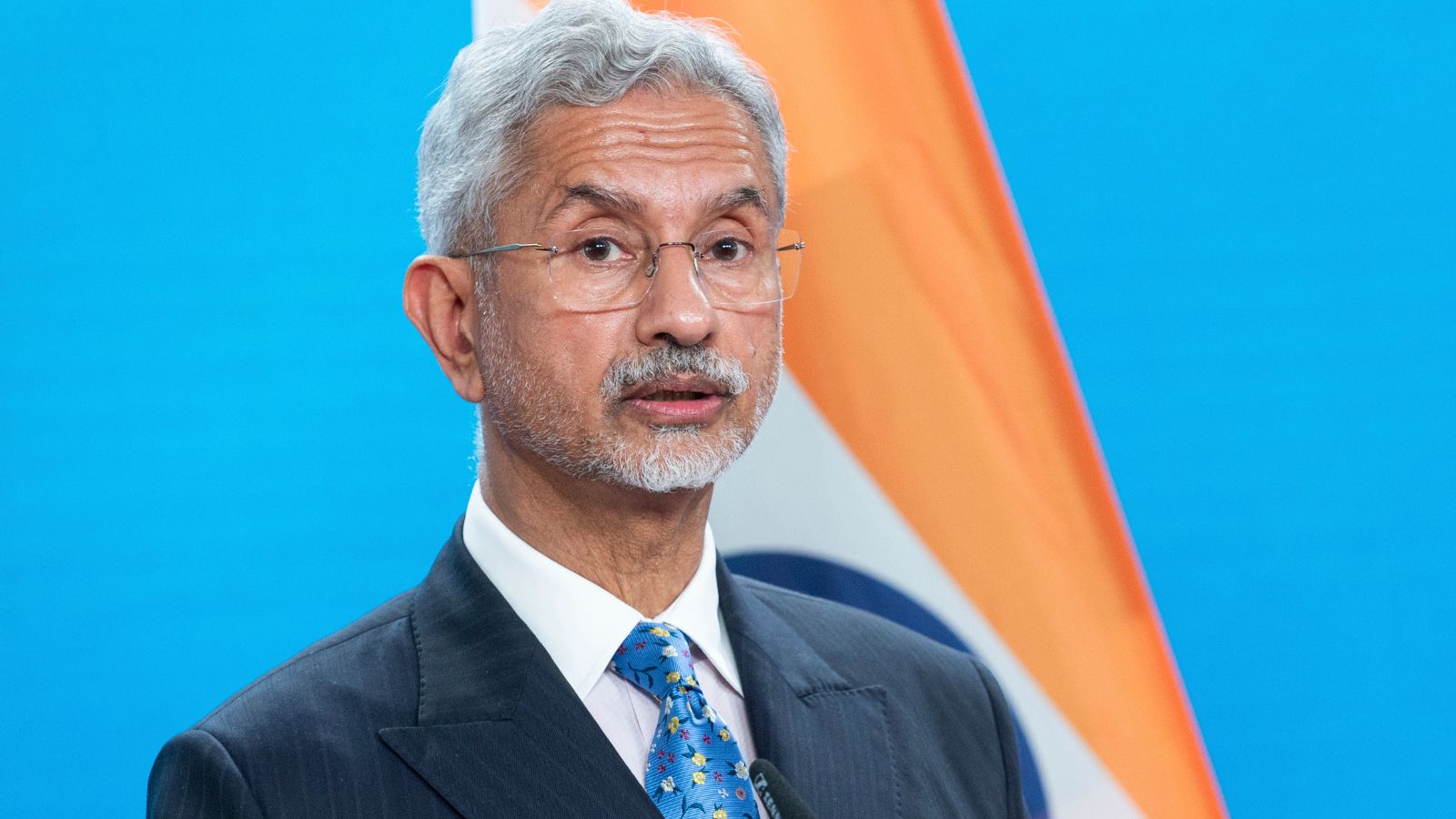
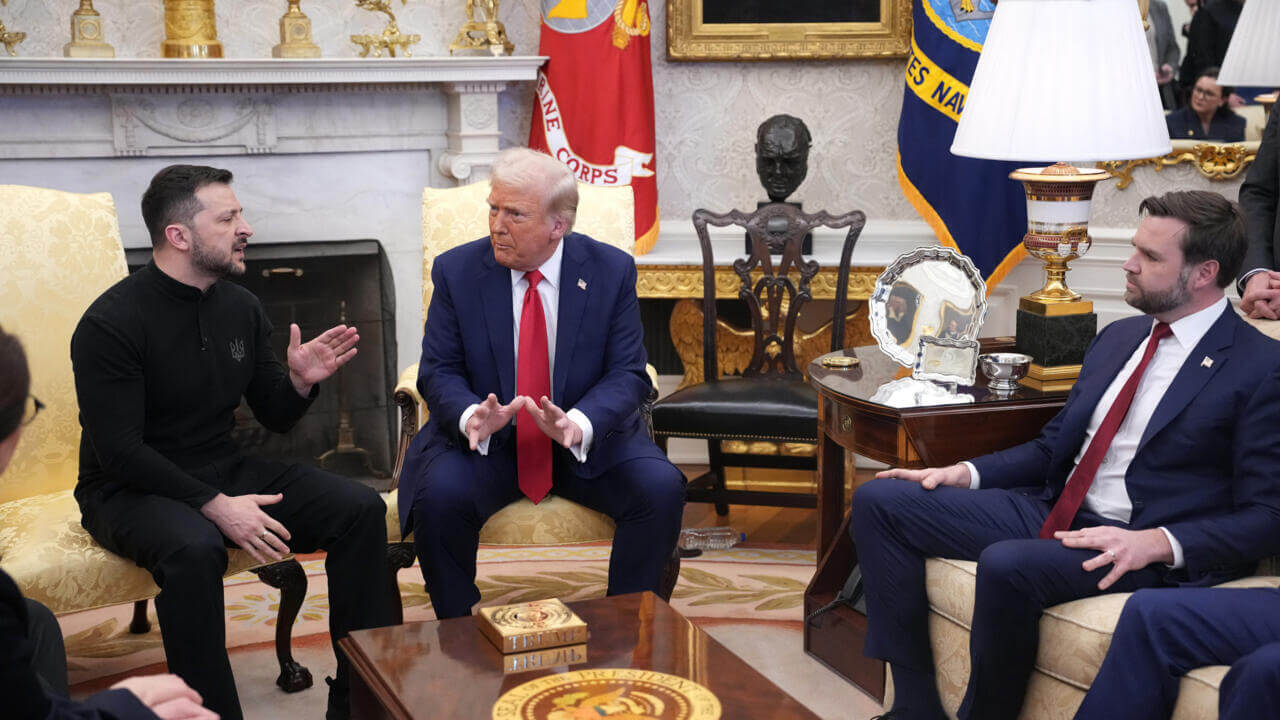
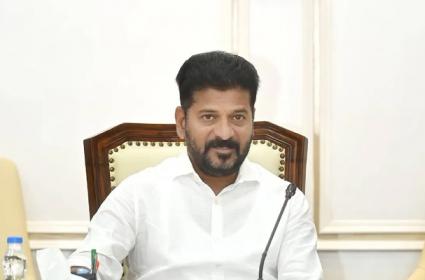
.jpg)
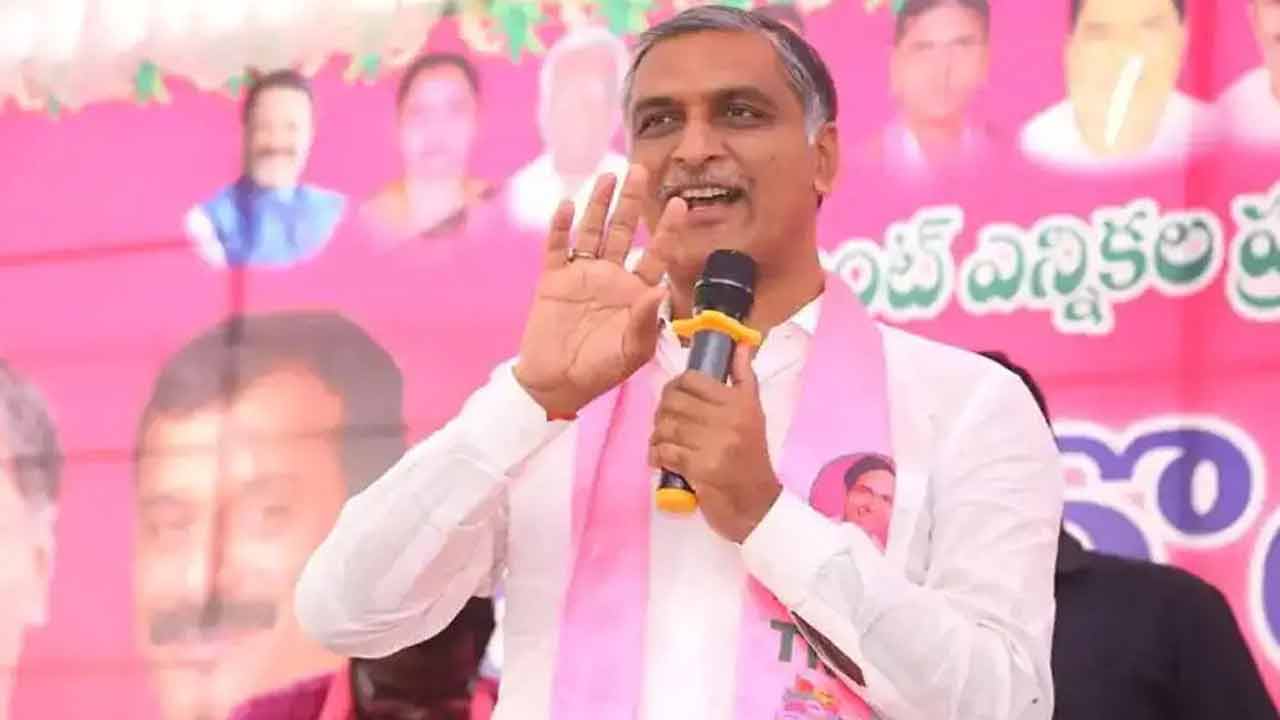
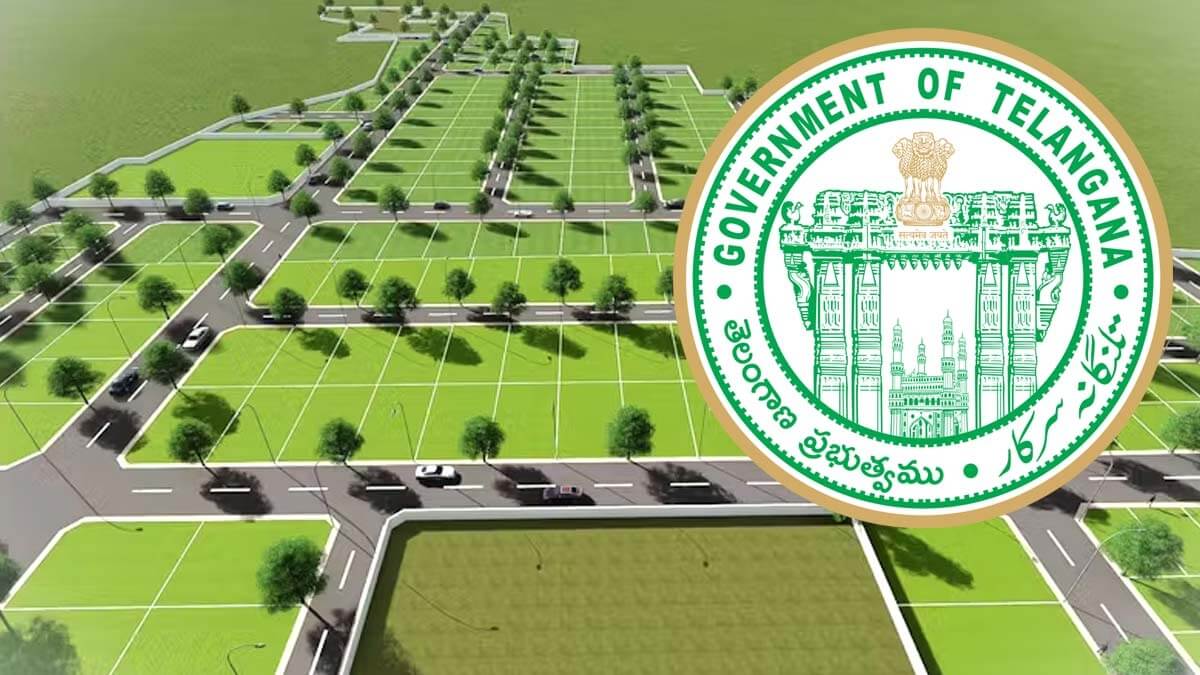
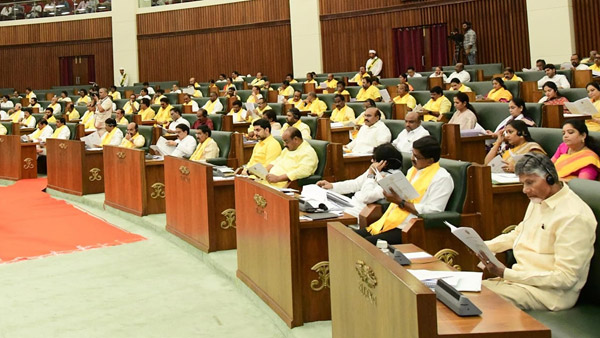
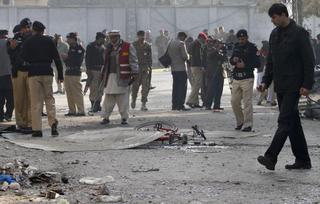
.jpg)
.jpg)
.jpg)
.jpg)
.jpg)

















